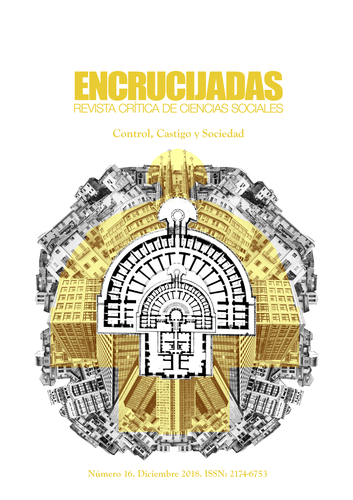Surveillance Technologies: A review of legitimate State violence in security and control contexts
Keywords:
technology, control, surveillance, participation, co-production.Abstract
In the post 9/11 western societies, there has been a large deployment of surveillance technologies in a context marked by a sense of fear and uncertainty about the changing nature of global security threats. These technologies seek to strengthen security by focusing on protection, prevention and the fight against crime.Thus, while the need for these new technologies is justified by a trade-off arguing that individuals must be willing to sacrifice part of their freedom and personal privacy in exchange for higher security, this way of exercising control and surveillance in the 21st century open numerous questions about the usefulness and risks that the use of these technologies are associated with. This article aims to address the social implications of this paradoxical situation in which surveillance technologies have gone from being applied in prisons to the streets, configuring the expansion of a disciplinary society in the manner of Foucault.Through an approach that trusts in the advantages of the co-production of social order and that tries to identify and question the social, political and technical imaginaries from which surveillance technologies are implemented, the arguments of their acceptance and rejection are identified and alternative solutions are proposed.
Downloads
Downloads
Published
How to Cite
Issue
Section
License
Los autores/as conservan los derechos de autor y ceden a la revista el derecho de la primera publicación, con el trabajo registrado con la licencia de atribución de Creative Commons Reconocimiento-NoComercial (CC-BY 4.0), que permite a terceros utilizar lo publicado siempre que mencionen la autoría del trabajo y a la primera publicación en esta revista. Encrucijadas permite y se anima a todas las personas autoras a depositar la versión final publicada en repositorios institucionales o temáticos de acceso abierto, cumpliendo en caso necesario los términos establecidos por la entidad financiadora de la investigación.





